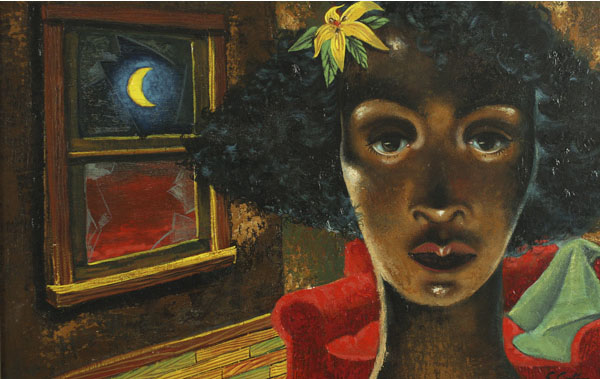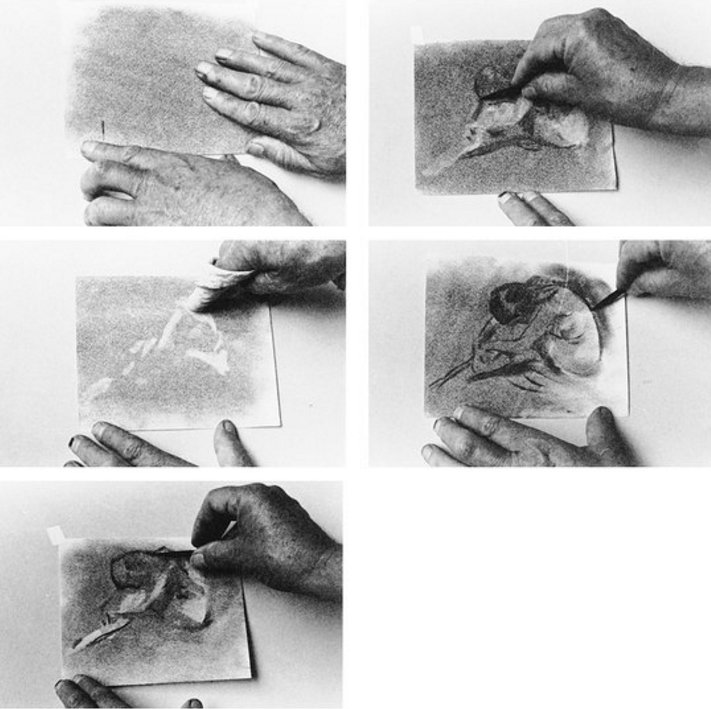by: T.E. Cowell
Two offerings of flash fiction that unearth joy in the simplest of things…

Stare
When I’m bored or just feeling particularly antsy or withdrawn, I drive into town to this coffee shop and just stare at people. I order a large coffee and take a table near the front door so that I can see everyone who comes in, and then I just keep my eyes peeled. I don’t make up stories – I just stare. I stare and before long I no longer feel bored or antsy or anything like that.
Compared to everyone else, I feel like I don’t have it so bad once I start staring. I’m not fat, for instance, or bald. I don’t have kids, nor am I old. Yet. I’m not a lot of things I’m glad I’m not. Sometimes I need to stare at people as a reminder of this. Whoever said staring was rude obviously didn’t know how beneficial it could be.
There’s this one barista I particularly like to stare at. She looks about eighteen. She’s short, almost boy-skinny, and she smiles at each and every person she serves. And it isn’t some fake smile at all. It’s totally genuine. That smile of hers is a nice thing to stare at, let me tell you. Whenever there’s a customer placing an order, I can count on seeing that smile of hers, and it lifts my mood. Even when she’s not smiling, when she’s in between customers, she still looks happy and pleased with things.
A good number of the customers who come in the coffee shop are in something of a hurry. They’re waiting for the ferry and are afraid of missing it if they stay away from their cars for too long, so they move about gracelessly. They’re tourists, mostly.
People are always coming and going at this coffee shop, rushing about like herds of cattle. That’s another thing I’m grateful about. I don’t have to hurry to and fro as much as some people do.
It seems to me that there’s a certain kind of person who’s wound up so tight they don’t know how to relax. It’s almost like they somehow forgot what it means to relax, or what it is, even. What it entails. If I could give these people some advice, it would be to slow down, to stare. I would say, “Take a moment out of your day and try it. Remember when you used to stare? Surely there was a time in your life when you did.”
But I don’t say anything to anyone. I’m too busy staring.
Trash
The people they were housesitting for had left the recycling bin full. They had a brief debate as to whether they should leave the bin as it was or empty it out somewhere. They agreed in the end that they should take the initiative and empty it, figuring that the homeowners would be happy to find their recycling bin no longer teeming with beer bottles and soup cans when they returned from their trip. They imagined the homeowners would appreciate the gesture and maybe even comment on it when they returned, mentioning something about last-minute packing and having totally spaced out about dealing with the recycling. Because wasn’t it sort of rude to leave a trash bin full, recycling or otherwise, for your house sitters to deal with?
Sarah knew of a dumpster they could go to. It was at a marine biology laboratory a few miles away. There were little cabins on the lab grounds for students of marine biology. Technically the dumpster was only for the students’ use, but because Sarah used to work there as a cook in the guest hall, she figured she had the right to it as well.
Ben carried the bin of recyclables out to their tiny fuel-efficient car. He had to use two hands the bin was so heavy and full. They got in the car and started driving. Sarah drove and Ben felt sort of funny about what they were about to do. He had a mild case of butterflies in his stomach. But, not wanting to look like a wimp. he said nothing about it to Sarah, who didn’t look in the least bit concerned with what they were setting out to do.
Once they were there Sarah began driving past the small cabins for the students. Then she drove past the guest hall, and to herself as much as to Ben, it seemed, said, “God, what memories.”
There were cars – plain, cheap sedans – parked in front of some of the cabins. Students’ cars no doubt. No people were visible anywhere, something Ben gave thanks for. Soon Sarah slowed and then stopped alongside a green dumpster. She put the car in park, looked at Ben and said, “Go. I’ll keep watch.”
The butterflies in his stomach felt more like ravenous bats. Ben said, “What? Wait a sec. This was your idea.”
They stared at each other until something in Sarah’s eyes, a sharpness, made Ben recoil. He got out of the car, grabbed the bin from the backseat, carried it over to the dumpster and, bringing the bin up to the height of its lip, dumped the contents inside. It made a loud, satisfying sound, as all the bottles and cans clanked against the other bottles and cans. Ben felt victorious holding the now-empty, suddenly weightless bin as he started back for the car.
The feeling was short-lived. Someone yelled “Hey! What are you doing?” and Ben, now full of fear, rushed to get in the car alongside Sarah. They sped off as Ben got a good luck at the person who’d seen them. It wasn’t a student, but an older guy in a shirt and tie. A teacher, perhaps.
When the homeowners returned from their trip to find their recycling bin empty, they were not pleased. They were sorry that they hadn’t emptied it themselves prior to leaving on their trip, but still they were not pleased. Their recycling was their responsibility – that was how they looked at it. They were accustomed to gathering both their trash and recycling and taking it down their driveway to the road for the trash people to collect. This was the civilized, the right, in their eyes, way of going about it.
The homeowners asked Ben and Sarah what they’d done with their recycling, and when they told them, the homeowners shook their heads in unison. They had hoped to develop a good rapport with these homeowners, but now they saw that wasn’t possible.





